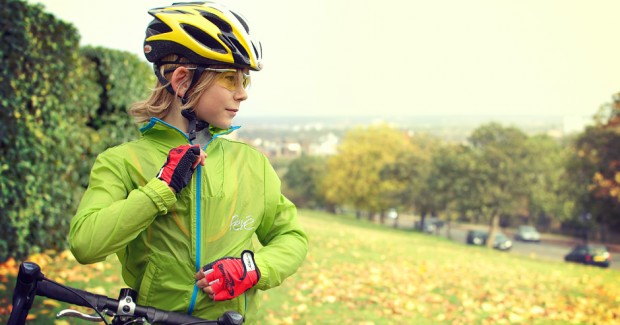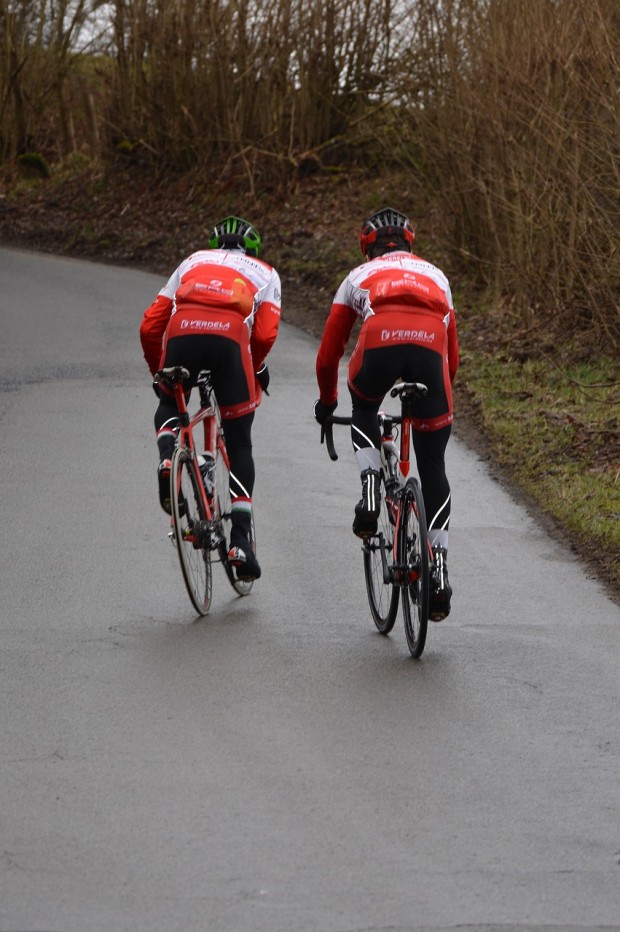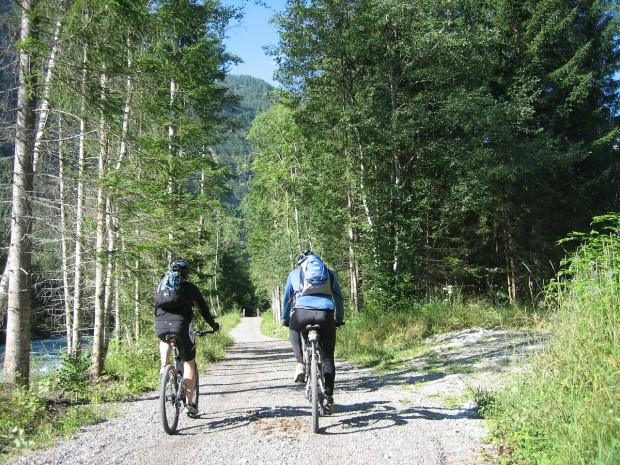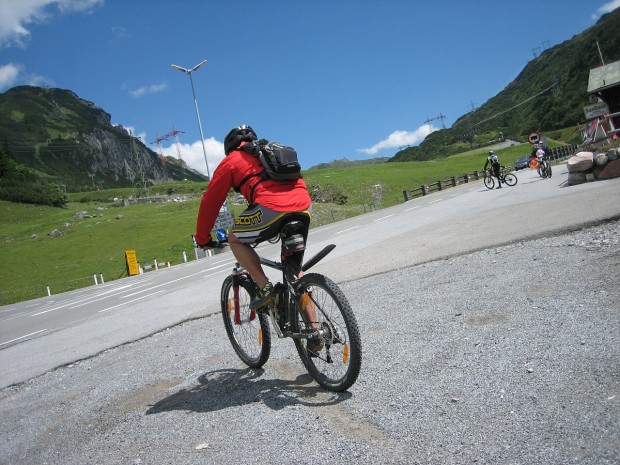If you cycle year round, you have to alter what you wear in order to accommodate for the changing temperatures as choosing the right clothing can be the difference between a great ride and a very uncomfortable ride. While you do not want to have so many layers on that you cannot be flexible enough to ride or so that you get so hot that you want to end the ride early, you also do not want to be cold, making yourself even more miserable. Here are a few simple tips for safe bike riding and help you get on the right path to dressing for the weather and wearing the right protective bike wear to ensure a good ride.
Start with Layers
How you layer your clothing for a bike ride is essential. In almost any weather, you should wear a base layer or a layer that goes underneath the clothes that others will see. This layer serves two purposes: in cold weather it keeps you warm and in warmer weather (or even cold) it wicks the moisture away from your body as you sweat. If you sweat while you bike, this is an important step for you to take as too much moisture on your body will not only make you uncomfortable, but could cause rashes and even infections if it is left to sit too long. A few examples of core layers include bike jerseys, bike shorts, and bike tights. Every rider will have their own level of comfort and style, so you will have to play a little trial and error to see what works for you.

Once you have your base layer, you can decide what to wear over it. Many bikers choose to wear a middle and outer layer. The middle layer is your regular clothing – the shirt and pants or shorts that will add comfort to your ride and also serve to keep you warm or cool, depending on the weather. The outer layer is the one that fights against the wind, and helps the moisture to be expelled from your body, rather than being trapped inside your clothing making you uncomfortable.
Add Protection
Once you have your base, middle, and outer layer, you need to add the right level of protection. These are the pieces of clothing and armor that help to protect you in the event of a fall, yet are built in a way to keep you comfortable. It is important to choose comfortably fitted lightweight body armor that not only protects areas, such as your knees, elbows, and spine, but also allows you complete flexibility and comfort. These items help to keep the most vulnerable parts of your body safe in the event of a mishap while biking without restricting your movement to allow for long rides that do not put you in any type of danger or level of discomfort.
As you consider the proper bike protection to wear for your ride, whether a race, leisurely or trail ride, consider the weather. No matter the temperature, bike gloves are an essential component of your outfit for protection and moisture wicking. If you will be biking in the winter, you will want to wear full-fingered gloves, but if you are biking in warmer temperatures, choose gloves with open fingers that provide protection and moisture wicking without making you too warm.
Other important bike gear to protect your body to consider includes a helmet, and protective bike shorts. Helmets are an obvious need, but you might not realize the importance of protecting your backside until you take a long ride and realize the discomfort you experience. In addition, the right pair of bike shorts will help to prevent uncomfortable chafing and keep your legs at a comfortable temperature to allow you more endurance for your ride.
Dressing for the weather when cycling is simple as long as you dress in layers and account for the appropriate protective bike wear. When choosing the gear to wear, always look for breathable material that allows for moisture wicking to ensure your ultimate comfort, not just in regards to temperature, but moisture too. The clothing and protection that you choose will not only serve to save your life in the event of a fall, but will keep you comfortable, enabling you to take longer and more enjoyable rights in the future.















